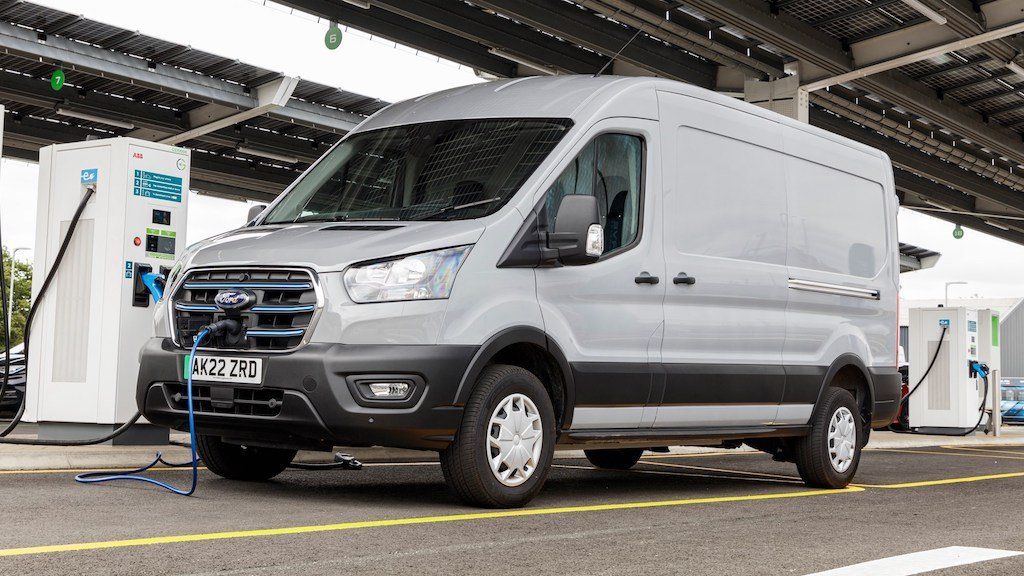Urgent calls for electric van weight class clarification as sales falter
Industry organisations and environmental groups are urging government to address the low uptake of electric commercial vans following the release of the Society for Motor Manufacturers and Traders commercial vehicle statistics for May.
The National Franchised Dealers Association (NFDA) says that at just 5% of new sales, battery electric light commercial vehicles (LCVs) are not performing to expected volumes. It has sent a letter to the Department for Transport outlining how a “lack of inertia is holding back adoption of electric van take-up and slowing the growth of market share”.
Specifically NFDA is calling for government to provide a response to its own consultation released ten months ago regarding the UK weight classification of electric vans. With the additional weight of the batteries, electric vehicles typically fall into a heavier vehicle class than their ICE equivalents and therefore come with more onerous safety and licensing requirements or a significantly reduced payload.
Sue Robinson, Chief Executive of the National Franchised Dealers Association (NFDA) says, “Do these vehicles need an Operator’s licence? A digital tachograph card? And would these drivers need to attend the mandatory CPC training that HGV drivers do? These are just some of the questions proposed to Government.”
And commenting on the lack of Government support Robinson adds, “There is an evident issue regarding the uptake of battery electric light commercial vehicles, which is an ever-pressing issue with the 2030 net-zero target approaching. The NFDA would like to see more support from the Department for Transport, including incentives for battery electric LCV consumers.
Stephen Latham, Head of NFDA Commercial Vehicle Division says, “We urge the Government to take on the opinion of the largest trade association representing LCV retailers in the UK, and quickly establish fair and safe regulation that accurately categorises different vehicle types, whilst not penalising new heavier and greener alternative fuel vehicles with unnecessary and burdensome regulation.”
And the SMMT’s May statistics prompted a similar call to action from international NGO Climate Group, which said businesses can’t get hold of the electric vans needed to switch their fleets due to supply shortages.
Climate Group, which represents 28 leading UK businesses, including BT Openreach, LeasePlan and Royal Mail through the UK Electric Fleets Coalition, said businesses are ready to invest but unable to secure the electric vehicles that meet their specifications in the quantity they need.
The market share of electric cars in the overall car market, points out Climate Group, is three times greater than fully electric van’s share of the UK’s van market.
Despite ambitious EV targets being a key pillar of the government’s Net Zero strategy, Sandra Roling, Climate Group’s Director of Transport said, “More needs to be done to meet business demand for fully electric vehicles and to ensure the UK meets its 2030 commitment to phase-out sales of new petrol and diesel cars and vans.
“Alongside manufacturers clearing the backlog of demand, the UK government needs to step up its ambition to help UK businesses make the switch.
“The UK’s charging network needs rapid expansion – a reliable, affordable charging network is needed to support the growing number of businesses wanting to invest in EVs. The switch to zero emission needs to happen faster to meet the UK’s net zero targets, clean up the UK’s air and mitigate climate change,” Climate Group warned.

